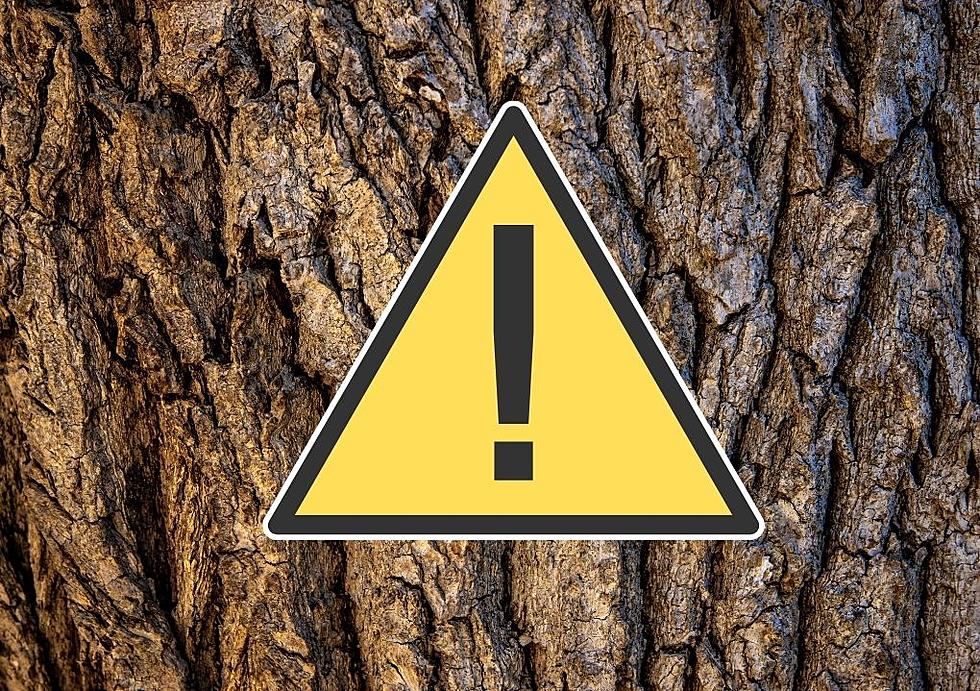
Invasive Insects Are Spreading And Threatening Ecosystems In Iowa
An invasive tree killing insect has been detected in three more counties in Iowa.

Since 2010, an ash tree-killing insect has been confirmed in ten counties all over Iowa. The most recent being Clay County, Hancock County, and O’Brien County.
Why are we concerned?
According to the USDA Animal and Plant Health Inspection Service, the ember ash borer is responsible for the destruction of tens of millions ash trees in 30 states.
The inspect is an invasive species. It is native to Asia, arriving to the US in wood packing materials.
While adult insects leave little damage, it’s the larval that causes the most damage. The larval feeds on the inner bark, cutting off the tree’s ability to transport water- ultimately killing the tree within two years.
So, what can we do?
It’s important that we mitigate the spread of this insect because it poses a threat to our native trees which ultimately impact out ecosystems.
So, if you’re looking for things you can do to help here are some ideas from the USDA:
- Don’t move firewood- EAB larvae can be hidden in the bark. Its important to remember to buy and burn local.
- Inspect your trees for any symptoms of EAB infestation
- Talk with your friends and neighbors
- Ask questions- know the point of origin of your wood
- Know state and federal regulations and understand regulations of states you visit.
- Know the quarantines in the area
- If you know or see any EAB, be sure to report it immediately.
And if you are unsure of what you should be looking for:
- Look for yellow, thin, or wilted foliage
- Unusual woodhacker presence and pecking holes
- D-shaped beetle exit holes
- Shoots growing from toots or the tree trunk with larger than normal leaves.
Again, if you suspect you have or have seen any of these insects, please contact the Iowa Department of Agriculture and Land Stewardship.
Iowa’s Top 10 Most Common Snakes
More From AM 950 KOEL






![Dasha Shocked Us With the Real Story of ‘Austin’ Lyrics [Interview]](http://townsquare.media/site/204/files/2024/07/attachment-Dasha-Austin-Editorioal-.jpg?w=980&q=75)


